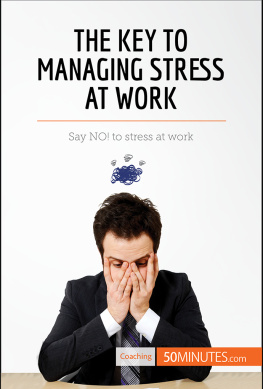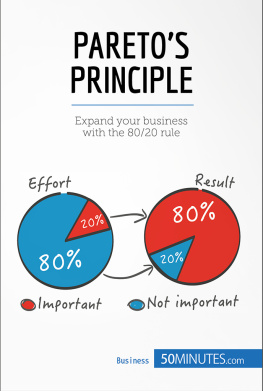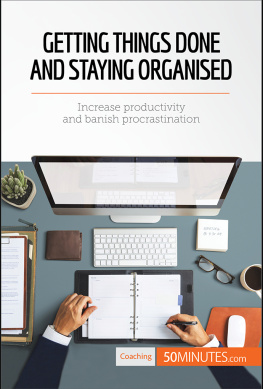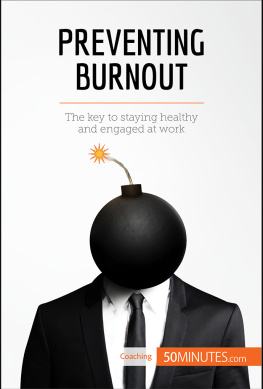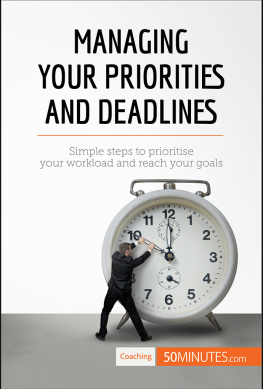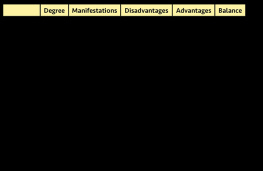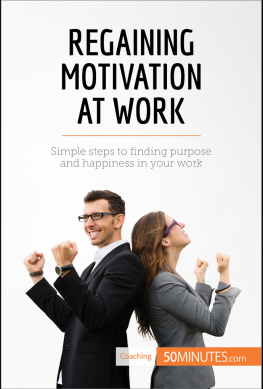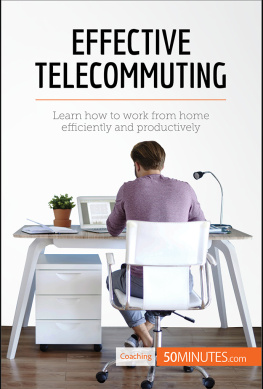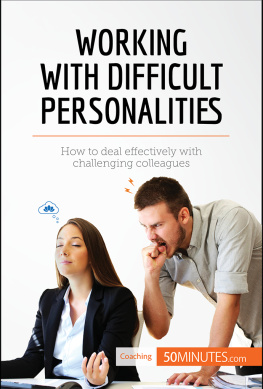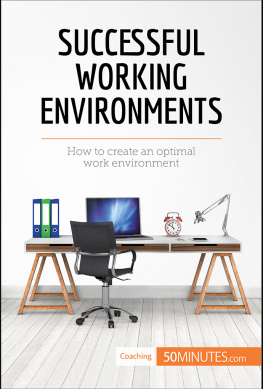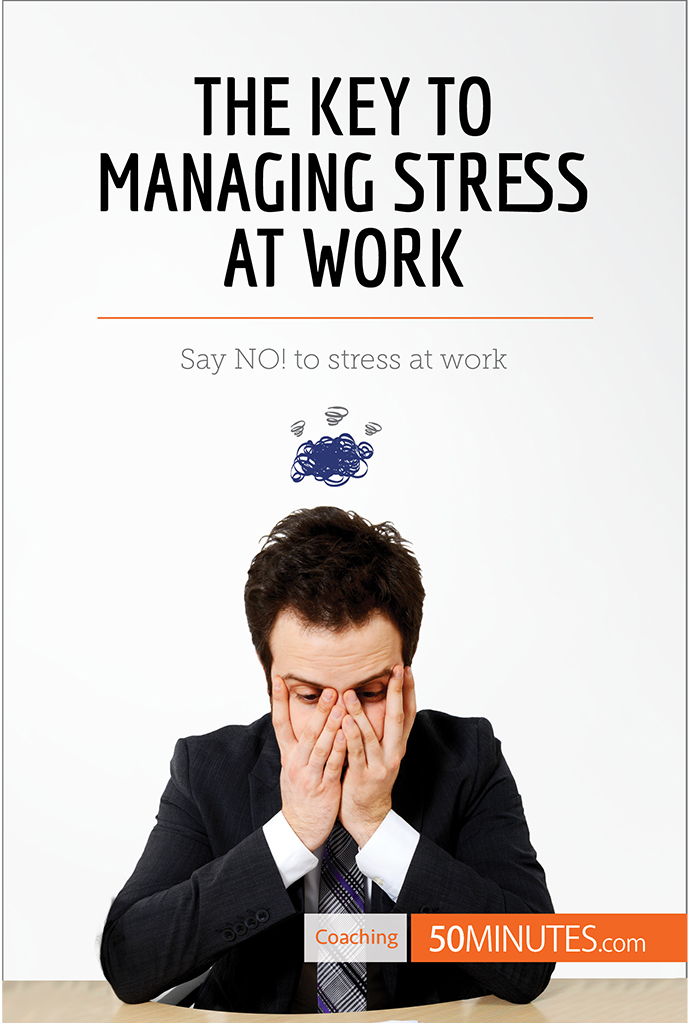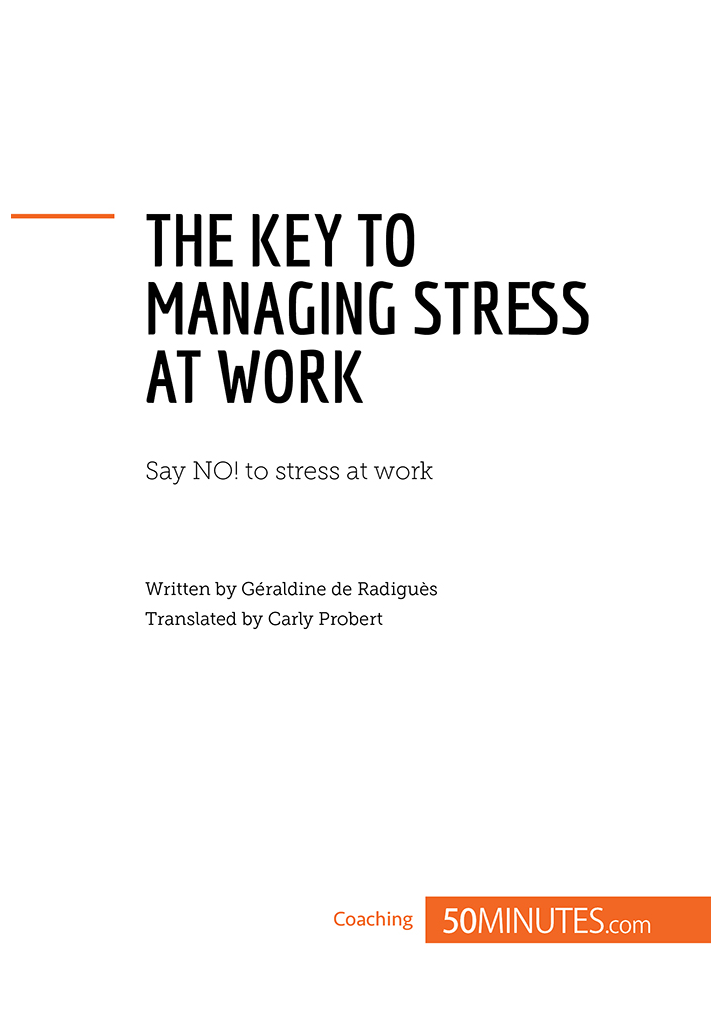The key to managing stress at work
- Problem: Say NO to stress in the workplace! Take control of your reactions!
- Uses: Respond thoughtfully; stay calm; avoid fight, flight and freeze responses in stressful situations; learn how to improve yourself; stop surviving and start being creative.
- FAQs:
- What is the purpose of stress?
- How can we recognise stress?
- What are the causes of stress?
- How can we work with stressed colleagues?
- How can we relieve stress?
As an essential part of survival, stress is an integral part of the functioning of animals and always has been. On a wider scale, it acts as an indicator of danger and can have powerful effects on those experiencing it.
In the modern Western world, the level of stress faced by the majority of workers has undeniably increased. It pushes each individual to maximise their performance and subjects employees to the threat of feeling devalued, not being able to reach impossible targets, losing out on bonuses or even having to repay part of their salary for not having achieved results, being compared to other colleagues, and so on. These requirements put people under enormous pressure. Unfortunately, it is not surprising to hear of more and more cases of depression, burnout and the use of anxiety medication.
But why do we get ourselves in such a state? In this guide, we will try to understand how to control stress and turn it into a positive source of self-improvement.
Stress at work: the basics
What is the purpose of stress?
Stress is information sent by the brain to warn us that we are in a situation that is beyond our capabilities, makes us uncomfortable and/or makes us feel insecure. Although this feeling is not pleasant, it has always existed and is very useful. It comes from the most primitive part of our mind: the reptilian brain.
D ID YOU KNOW ?
In neurocognitivism, the brain is split into several parts:
- the reptilian brain, the most primitive or instinctive;
- the paleo-limbic brain, which controls our positioning within a group;
- the neo-limbic brain, the library of memories, experiences and information;
- the prefrontal brain, which controls creativity and adaptability.
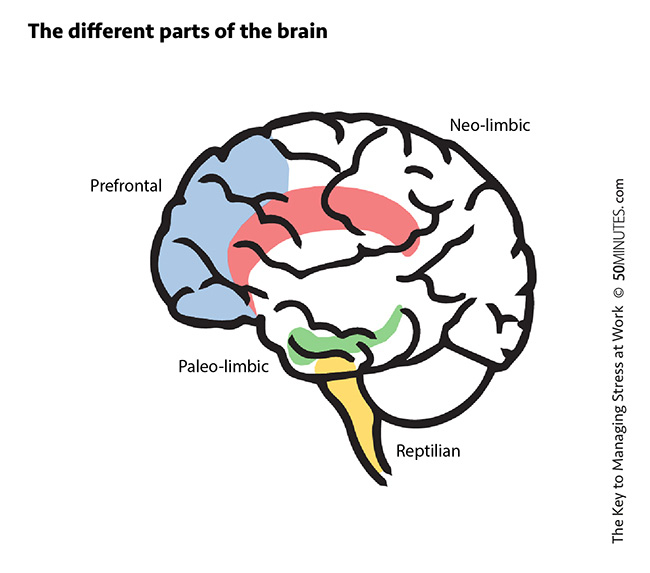
When faced with stress, all living things (animals and humans) can react in three different ways:
Fight
- An animal growls and shows its strength to impress its opponent and convince them to back down.
- With humans , this reaction results in anger, shouting, banging fists on the table, frowning, violence and insults to confirm their own power and potential and dominate the situation.
Flight
- An animal runs away when it senses danger.
- Humans react in a similar way: their instinct makes them feel this same desire to run away. Who among us has not felt the sudden urge to leave before an important meeting? Who has not wanted to go to the bathroom just before an interview or exam? This is more than just a feeling. This kind of behaviour has a physiological cause: quickly escaping makes us feel better.
Freeze
- When in danger, an animal does not move. It stays frozen in the hope that it will go unnoticed and be forgotten. Have you ever turned on a lamp to see a spider completely motionless on the wall? When driving at night, have you ever been shocked when a rabbit notices your headlights but stays frozen on the road?
- Humans can experience such shock in some situations that they become disorientated and literally paralysed. They are sometimes unable to respond when, for example, a cabinet falls on a colleague who is standing near them. Similarly, some will remain speechless while their boss shouts at them and ten minutes later, once they are out of this state of inertia, will find the arguments and excuses they should have used. Finally, sometimes humans feel such despair that it causes them to abandon everything.
Stress: an indicator of personal limits
As we have already mentioned, stress acts as an indicator. It sends us a message and tells us when we are at our limits.
When an event or conversation throws us into a state of tension, this external element clashes with our sensitivity. It reminds us of our vulnerability, a bad experience or a memory, and our mind goes into stress mode as a survival reflex, because we do not want to relive the situation. The reptilian brain takes over our reactions to protect us and spare us from having to relive these difficult memories.
Whatever our reaction (fight, flight or freeze), we eventually start to wonder about the nature of this stressful event. Is it the environment that causes stress, or is it the emotion or memory it awakens in us?
Feeling stress allows us to recognise our limits and get to know ourselves better. By observing the mechanisms that send us into survival mode (stress), we realise that bad memories or even fears (wanting to avoid something at all costs) will constantly arise in our lives in several different forms. This means that you need to know yourself: if you try to get rid of your stress without confronting it, you may end up trapped.
I resented my fathers authority but I never dared to tell him. Throughout my childhood, my mother would put herself between us to stop us arguing and calm me down. I never knew how to communicate my limits or my feelings. I blamed myself and waited until I could move out and get away from him.
After graduating, I found a job with an authoritarian boss. This makes me uncomfortable and I cant face him. He senses my weakness and respects me less and less.
To protect myself, I either pretend to be indifferent but its eating me up which agitates my employer even more, or I put my heart and soul into doing an impeccable job to avoid reproach. The hours spent on the job affect my judgment: my managers point out my mistakes and the criticism kills me. I feel under pressure, less and less like myself, I lose my feet and start to doubt my abilities. Im afraid of cracking, the noose is tightening
In my relationship, I dont like confrontation. I tend to take my wife for granted, which she hates and which makes her feel neglected. She complains, blames me and I remove myself from the situation. Our relationship is falling apart because I leave to avoid her, and return later on without warning. Her frustration makes her say hurtful things. Even though my intentions are good, I feel like everyone is against me. Theres nothing I can do. (Louis, 36)
This pattern will repeat itself for as long as Louis chooses not to address the facts and understand the source of his stress.
- What lies behind his behaviour? Why does he react this way?
- What is replayed every time, confronting him with the same problems?
He must find a suitable way to cope with the situation, get out of this pattern and take action. Sometimes, certain steps require the support of a professional to effectively help us as we work to liberate ourselves.

